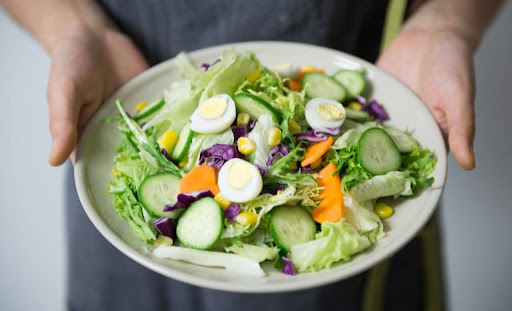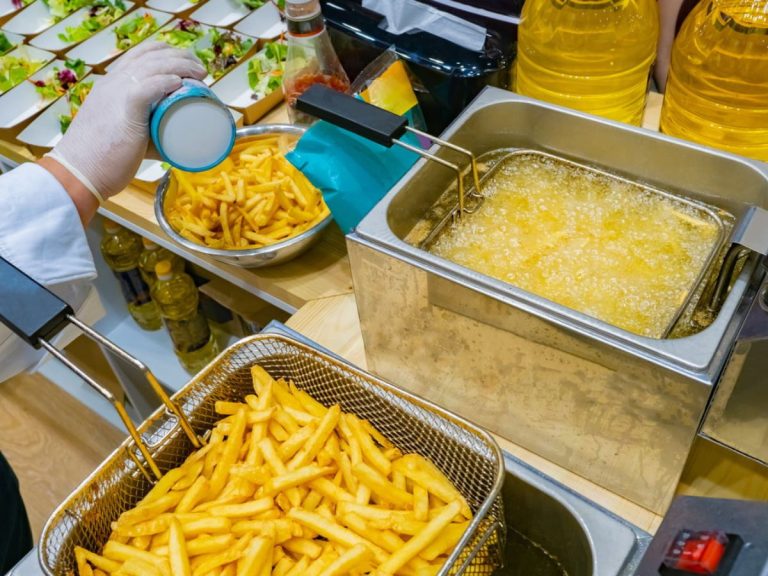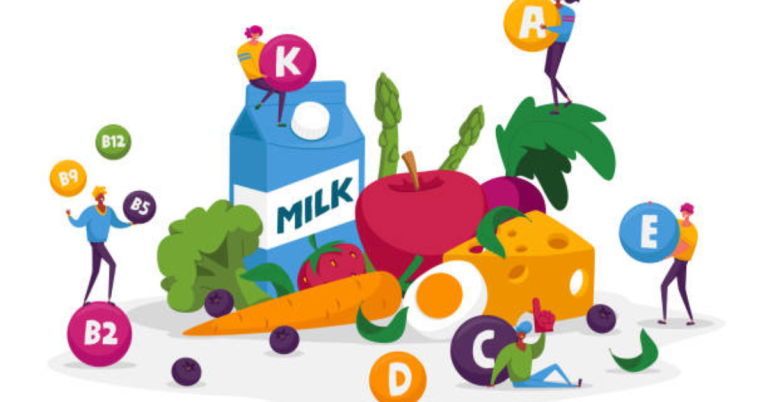The Role of Food Safety in Preventing Listeriosis in Ready-to-Eat Salads
Ready-made salads are for people who are for meals and do not have time. However, as these products increase, so does the risk of exposure. Listeriosis, a serious foodborne illness caused by Listeria, has been linked to several outbreaks and ready-to-eat in recent years. production and can reduce risks.
Understanding listeriosis and its risk factors
Listeriosis is a serious infection that poses significant risks, especially for pregnancy, newborns, the elderly and people with weakened immune systems, although Listeria monocytogenes is found in a variety of foods, although salads have previously been the main route of infection. they reach consumers. Its ability to survive and even thrive in cold, including refrigerators, especially those that are cold like salad, is to control Symptoms of can range from mild symptoms such as fever to serious complications such as septicemia, and in some cases cases of death. disease severity of strict food safety Emphasis is placed on each stage of salad preparation
The Food Safety Chain: From Farm to Fork
Preventing Listeriosis in ready-to-eat salads requires a food that includes the entire chain. Every stage of the process, from harvest to packaging, and handling, plays a role in controlling or reducing Listeria contamination of lettuce.
Farming and: The ready-to-eat tour begins at the. It is in soil, water and feces, all of which come into crops. can play a key role in reducing pollution by best practices including better irrigation, regular testing of irrigation water and use, which can save Listeria.
· Processing and packaging: After cutting, the product is to processing plants where it is washed, cut and. It is a key in the food chain, as large increases the risk of. Food manufacturers must follow strict hygiene, including regular cleaning and of equipment, surfaces and utensils. Using food-grade when washing can help reduce the build-up of microbes on surfaces. In addition, facilities are required to use dynamic risk checkpoint systems to identify sources of and develop risk management plans
· Use of cold chains: Once packed, prepared salads should be at a moderate temperature to prevent the growth of Listeria. Cold chain is essential during storage, and retail display. Temperature systems should be used to ensure that lettuce is stored at or below from the time it leaves the facility until it reaches the consumer side. Any from these standards can lead to Listeria, increasing the risk of contamination.
· Retail Consumers: Even after salads have reached the shelves, the risk remains. Retailers must ensure that refrigerators are working and that salads are where they can, such as raw meat also have a role in food safety. When purchased, prepared salads should be stored in the refrigerator and before expiry. In should salads and raw foods, and use clean and utensils during handling to avoid contamination
The importance of regular testing and recall
Despite the best efforts of retailers, it can still occur. Routine environmental and finished testing is essential for early detection of Listeria in the food chain. Once is, prompt action should be taken, including recalls and public notices to prevent the distribution and consumption of products These play an important role in on, establish food safety, and ensure compliance by manufacturers
Food safety education for consumers
While it is the responsibility of food and to ensure the safety of ready-to-eat salads, consumers should also be aware of risks and best practices for these products. Public health campaigns can help raise listeriosis, in risk groups. Simple measures such as checking recalls, due dates, and keeping the stocked can greatly the risk of infection
Conclusion
Preventing listeriosis in salads is a collective responsibility of every link in the food safety chain. From processors to retailers and consumers, every step must be closely monitored to minimize the risk of. By adhering to strict food safety, testing for, and educating them on appropriate measures, we can reduce listeriosis and ensure that salad ready to eat is still a safe and healthy option for everyone.






